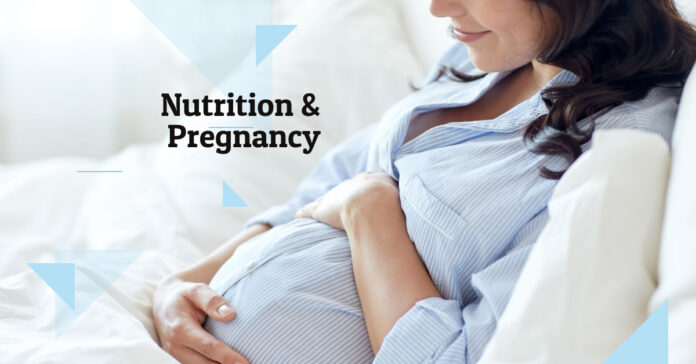Pregnancy and Your Nutrition
Eating Healthy Foods During Pregnancy Your health is extremely important during pregnancy. You want to make sure you get enough nutrients to keep your body functioning properly. The foods that you consume are also the primary source of vitamins for the developing baby. Your diet needs to consist of lots of fresh vegetables and fruits. Be sure that at least 60% of the grains you ingest are whole grains, preferably oatmeal, whole grain bread and pasta, and bran cereal.
Maintaining Good Food Hygiene While eating a good diet, drinking plenty of water and getting plenty of rest will keep you healthy. However, even when you follow all of these tips, you can still have pregnancy health problems. Two major concerns include folate and iron deficiencies. Folate is an essential nutrient for folate is essential in red blood cell production and heme oxygenase which break down hemoglobin, the material that carries oxygen throughout the blood. Iron is vital to the baby and the woman’s health because iron plays a role in the transfer of folate and iron to the infant through the umbilical cord.
How To Get Adequate Folic Acid During Pregnancy Foods rich in folic acid, such as orange juice and dark green leafy vegetables are good to eat during pregnancy. If you’re pregnant but not sure if you’re getting sufficient folic acid, talk to your doctor. He or she may be able to give you a supplement that contains a high amount of folic acid. Talk to your doctor about whether you need to avoid some foods that you might be aware of. For example, stay away from citrus fruits. While they may be delicious, they can cause a deficiency in folic acid.
Avoid Buying Soft Cheeses When You’re Pregnant
One of the biggest concerns about pregnancy is developing birth defects. Because some cheeses are blended with fat, such as whole-milk, they may contain harmful bacteria. Also, soft cheeses may contain fat and dairy products, such as cream cheese, may contain harmful bacteria. Stick with goat cheese, or other milk products, that you plan to eat throughout the pregnancy. You may be able to safely eat soft cheeses during the second trimester, but only after you’ve discussed the issue with your doctor.
Iodine During Pregnancy
Iodine is a vital component of the thyroid gland and the majority of the brain. If you want to avoid developing thyroid problems, don’t consume too much iodine. You may have heard that pregnant women shouldn’t take iodine supplements because they can increase the thyroid hormone levels.
Vitamin D and Calcium During Pregnancy
Both of these vitamins are important for the health of both you and your baby. Typically, pregnant women get enough vitamin D from sun exposure. However, if you’re deficient in calcium, you may need to eat foods rich in vitamin D, such as beta carotene, fatty fish, dark leafy greens, and some types of seafood. If you do take a daily vitamin supplement, check with your family physician to make sure you’re not taking more than is needed. If you do take a vitamin D tablet, check with your doctor to make sure you don’t need more than 200 international units per day.
Iron and Calcium During Pregnancy
Although iron is generally good for you, if you’re pregnant you may need to increase your iron intake, especially anemia. Pregnant women usually experience higher calcium intake because their body has to work harder to digest it. However, this does increase the risk of suffering from severe anemia. You should increase your calcium intake by eating plenty of green leafy vegetables, which are rich in essential dietary iron. You can also get calcium through dairy products, cheese, or other foods that contain it.
Folic Acid and Vitamin D Health
Folic acid and vitamin D are both important for healthy baby development. However, folic acid needs to be taken in moderation, especially if you’re taking prescription medication. Generally, women in their childbearing years typically get enough folic acid through food. If you have any concerns about how much folic acid you’re getting, talk to your doctor. He or she can help you take a proper diet for increasing the amount of folic acid you get, along with adding extra vitamin D to your diet, which is available in enriched foods or as supplements.

